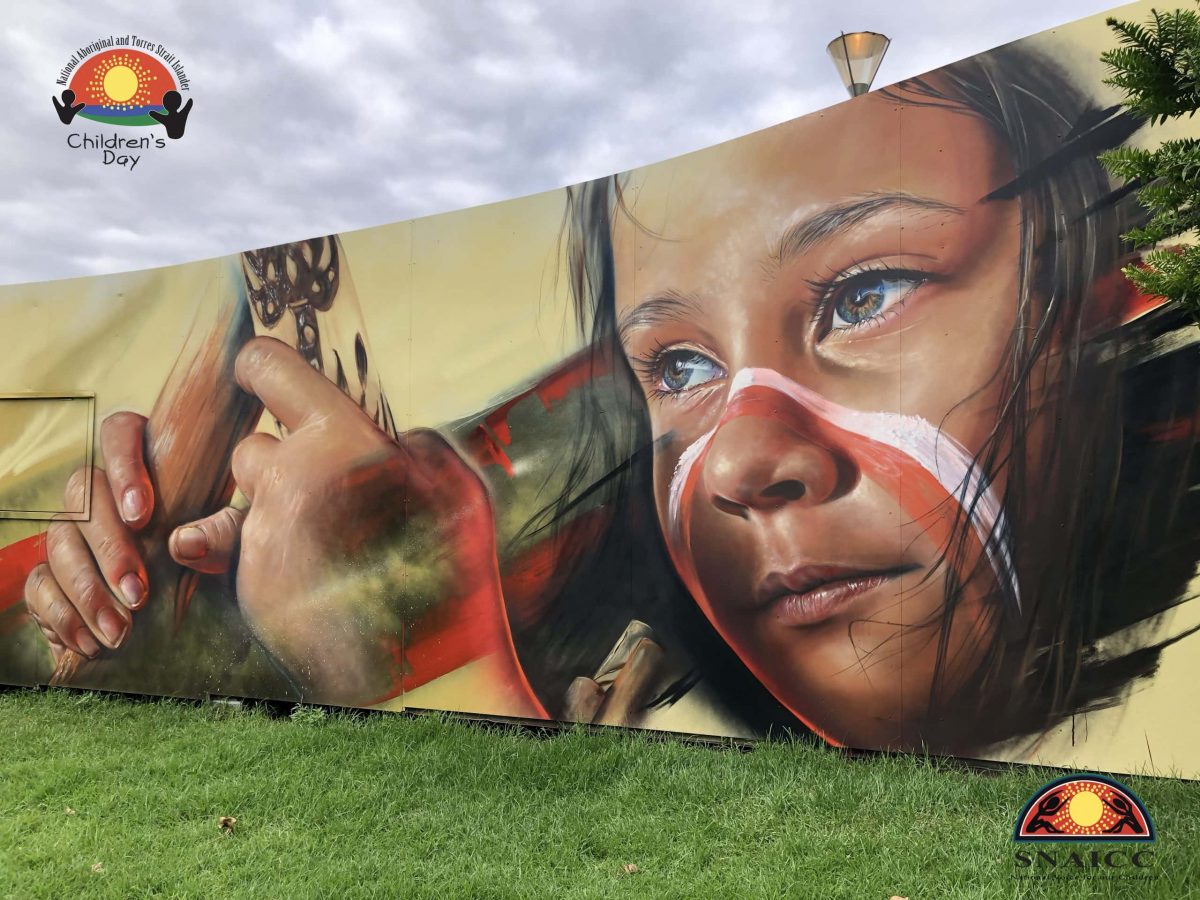Published on August 4, 2021
National Aboriginal and Torres Strait Islander Children’s Day (Children’s Day) is a national day dedicated to celebrating Aboriginal and Torres Strait Islander children. Children’s Day is celebrated across the country each year on 4 August.
Children’s Day is a time Aboriginal and Torres Strait Islander families and communities and all Australians, celebrate the strengths and culture of our children.
It is an opportunity for us to show our support for Aboriginal and Torres Strait Islander children, as well as learn about the crucial impact that culture, family and community play in the life of every Aboriginal and Torres Strait Islander child. Children’s Day has been run annually since 1988 and is the initiative of
SNAICC – National Voice for our Children.
Children’s Day 2021
The theme this year is ‘Proud in culture, strong in spirit’. Aboriginal and Torres Strait Islander families and communities have provided love and care for their children, growing them up strong and safe in their cultural traditions, for thousands of generations. For our children, safety, wellbeing and development are closely linked to the strengths of their connections with family, community, culture, language, and Country.
History of Children’s Day
In 1988, the first National Aboriginal and Islander Children’s Day was established on 4 August and was set against the backdrop of protests led by Aboriginal and Torres Strait Islander people and their supporters during the bicentennial year. Aboriginal and Torres Strait Islanders peoples felt a day was needed to celebrate our children, to give them confidence and make them feel special and included.
The date 4 August was historically used to communally celebrate the birthdays of Aboriginal and Torres Strait Islander children who were taken from their families at a young age, without knowing their birthday – the Stolen Generations.
Why is it important?
The majority of Aboriginal and Torres Strait Islander children are thriving and growing up strong in their cultures, with support from their families and communities. However, a significant number of our children continue to face ongoing challenges stemming from colonisation and its effects. This includes discrimination, poverty, systemic removal, intergenerational trauma, dislocation from land and culture, and community disempowerment.
